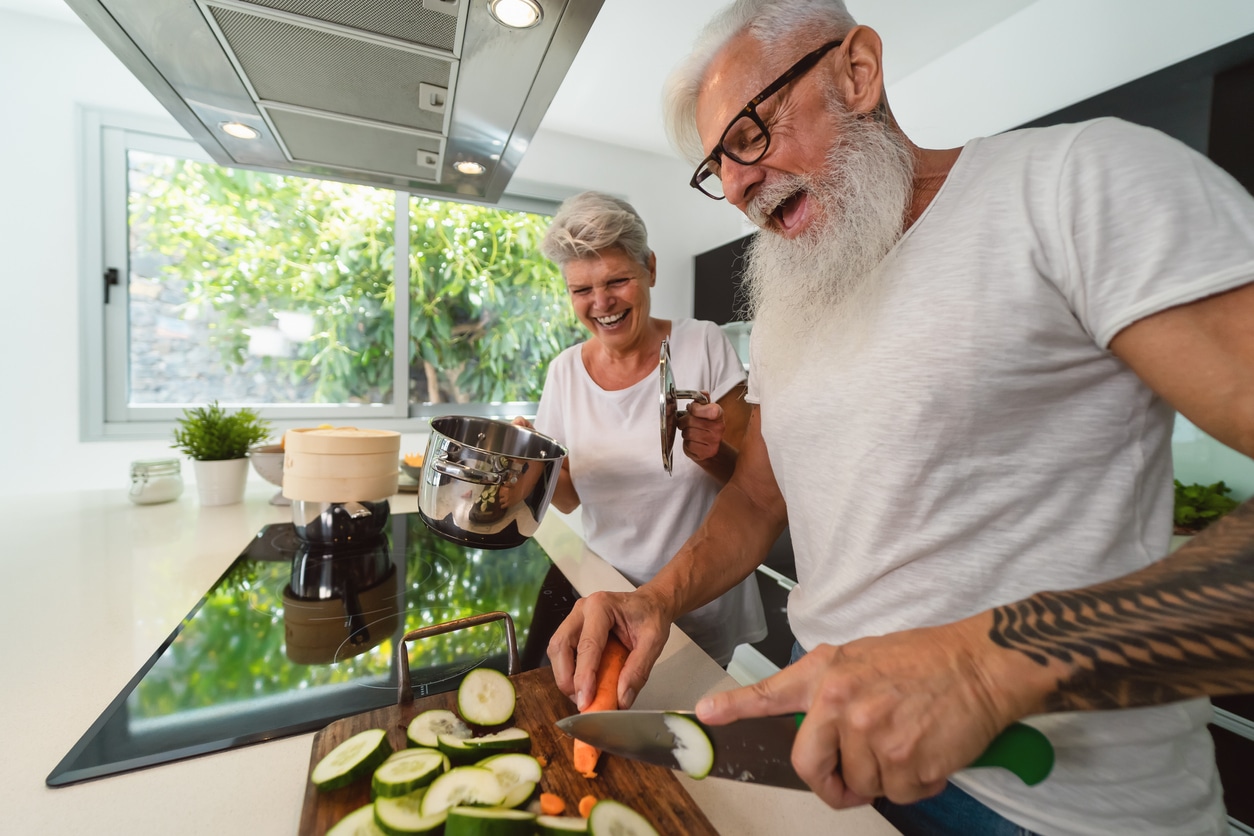You know that feeling when you change one small thing about the way you eat, and suddenly everything shifts a little—your appetite, your energy, the way your clothes sit? Two new studies help explain why those subtle tweaks sometimes go further than full-blown diet overhauls. One looks at what happens when people follow a low-fat vegan diet. The other tracks older adults who simply reduced the amount of ultra-processed foods in their diets. Different setups, different goals, but both land on the same idea: your body notices the basics more than you think.
The first study, published in Frontiers in Nutrition, asked 62 overweight adults to try both a low-fat vegan diet and a Mediterranean diet for 16 weeks each, separated by a short washout period. The vegan plan focused on fruits, vegetables, grains, and beans. The Mediterranean diet included those foods too, plus fish, low-fat dairy, and extra-virgin olive oil. There were no calorie limits and no special meal kits—participants simply cooked and ate at home.
 Getty
Getty
What stood out is how consistently the vegan diet outperformed the Mediterranean diet. People lost more weight, improved insulin sensitivity, lowered cholesterol, and saw more favorable changes in body composition. And here’s the part that may resonate with anyone who has ever worried they aren’t eating “perfectly”: the vegan group’s plant-based diet index scores went up in both the “healthful” and “unhealthful” categories. In other words, people ate more refined grains and potatoes—foods that usually get side-eyed on nutrition charts—and still lost more weight.
Hana Kahleova, MD, PhD, director of clinical research at the Physicians Committee for Responsible Medicine, put it this way: “Our research shows that even when a low-fat vegan diet includes so-called unhealthy plant-based foods—as defined by the plant-based diet index—like refined grains and potatoes, it’s better than the Mediterranean diet for weight loss, because it avoids animal products and added oils.” Most of the score changes came from removing animal products entirely. Cutting back oils and nuts raised the unhealthful index even more, yet weight loss continued.
So yes—your vegan burrito with white rice can still be a part of a healthy diet.
Fewer ultra-processed foods can change everything
The second study, from South Dakota State University (SDSU), focused less on what people ate and more on how manufactured their food was. Older adults completed an 18-week feeding trial where every meal was prepared by a professional chef and eaten at home. One version of the diet featured lean pork as the protein. The other centered on lentils, beans, and peas. Both followed the nutrient targets of the Dietary Guidelines for Americans.

The big shift was in processing. Participants dropped their ultra-processed food intake from about half of their daily calories to around 15 percent. Once that happened, something very relatable unfolded: people naturally ate less without trying. Daily calorie intake fell by roughly 400 calories. Participants lost about 10 percent of their total body fat and about 13 percent of their abdominal fat. Insulin sensitivity improved by about 23 percent, and inflammation and hormone markers shifted in positive directions.
“Counting nutrients is not enough,” lead author Moul Dey explained. “The degree of processing changes how the body handles those same nutrients. Diet quality depends not only on nutrients but also on the ingredients and the level of processing, considered together.” And because both the pork-based and plant-based versions led to the same outcomes, the researchers noted that the magic wasn’t in the protein—it was in the simplicity.
How these patterns show up in everyday eating
When you look at both studies together, the overlap feels familiar to anyone who has ever tried to “eat better” without wanting to overhaul their entire routine. People in the vegan study saw results even when their plates weren’t picture-perfect. People in the SDSU study saw results simply by eating fewer items that came from boxes or factory lines. Both groups made changes most home cooks would consider pretty doable.

And that may be why the findings land so clearly: less animal food, fewer ultra-processed items, and more basic plants seem to move the needle more than micromanaging every nutrient. Real-world eating is messy, imperfect, and often driven by whatever ingredients are already in the fridge. These studies suggest that your body can still respond meaningfully when the shifts are small, straightforward, and based on foods you already know how to cook.
For more plant-based stories like this, read:


Dining and Cooking